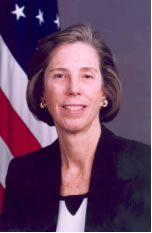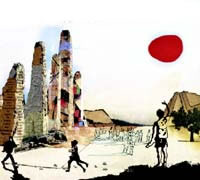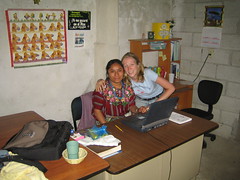
On May 24 at the University of Southern California School of Cinema-Television, Ambassador Louise Oliver, this country's Ambassador to UNESCO, gave an address on the topic:
American Culture in the age of GlobalizationThe address was made to the President’s Committee on the Arts and Humanities, as well as representatives from the American Film Institute, the Academy of Television Arts and Sciences, the City of Los Angeles Department of Cultural Affairs, and the Western States Arts Federation. They were made in the context of a conference, entitled "A Symposium on Film, Television, Digital Media and Popular Culture," and addressed achievements and future opportunities for cooperation in these respective fields. Ambassador Oliver commented on the current age of globalization and how it has affected the popular culture industry. She suggested that in this day and age, film, television, and other forms of digital media have the ability to affect perceptions of culture. They can influence the way people view their own culture and that of others. Cooperation through popular culture creates a foundation for further global collaboration in other areas of interest.
Click here to read Ambassador Oliver’s remarks in full.

